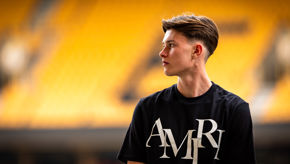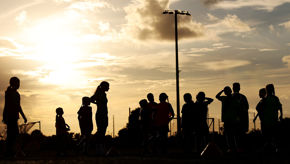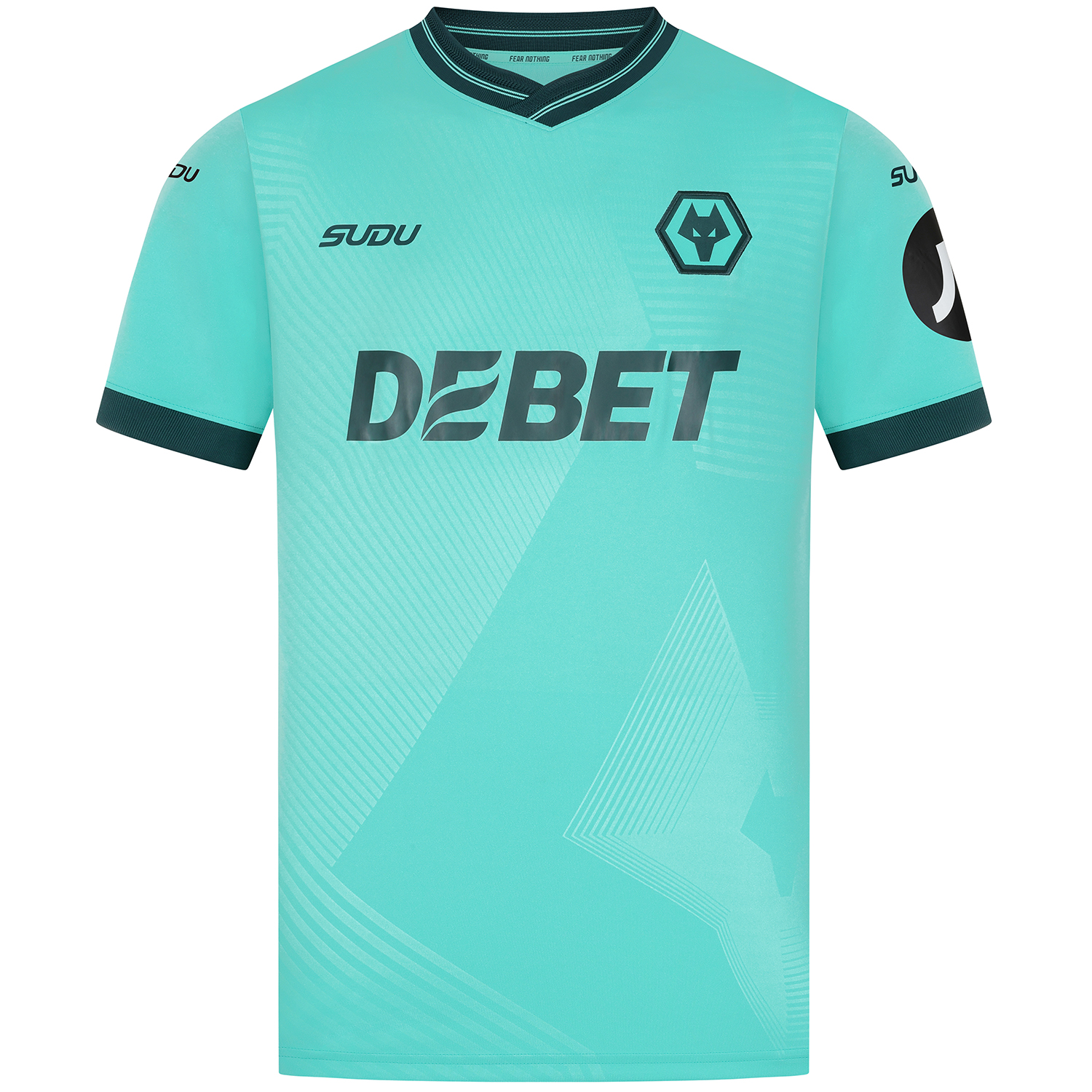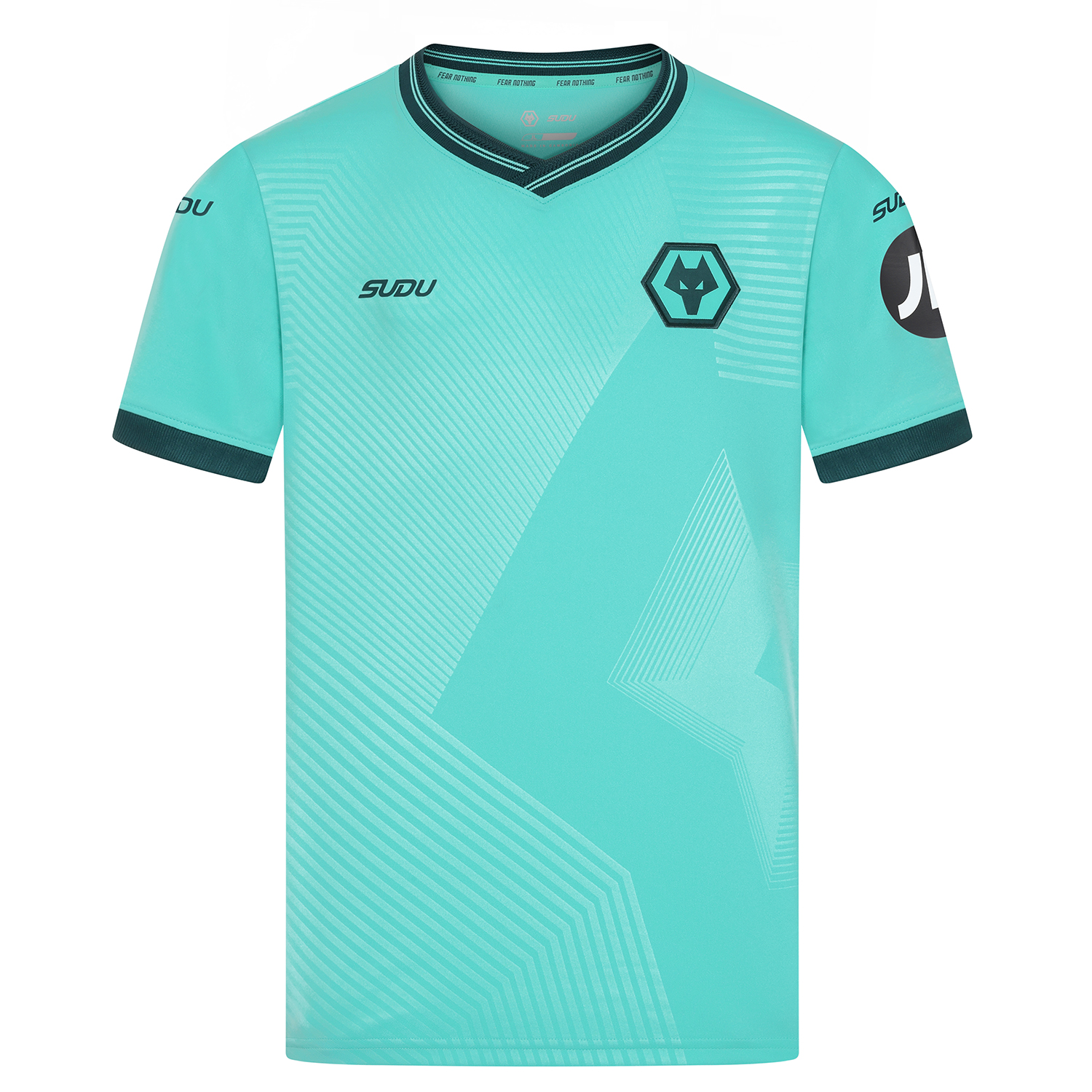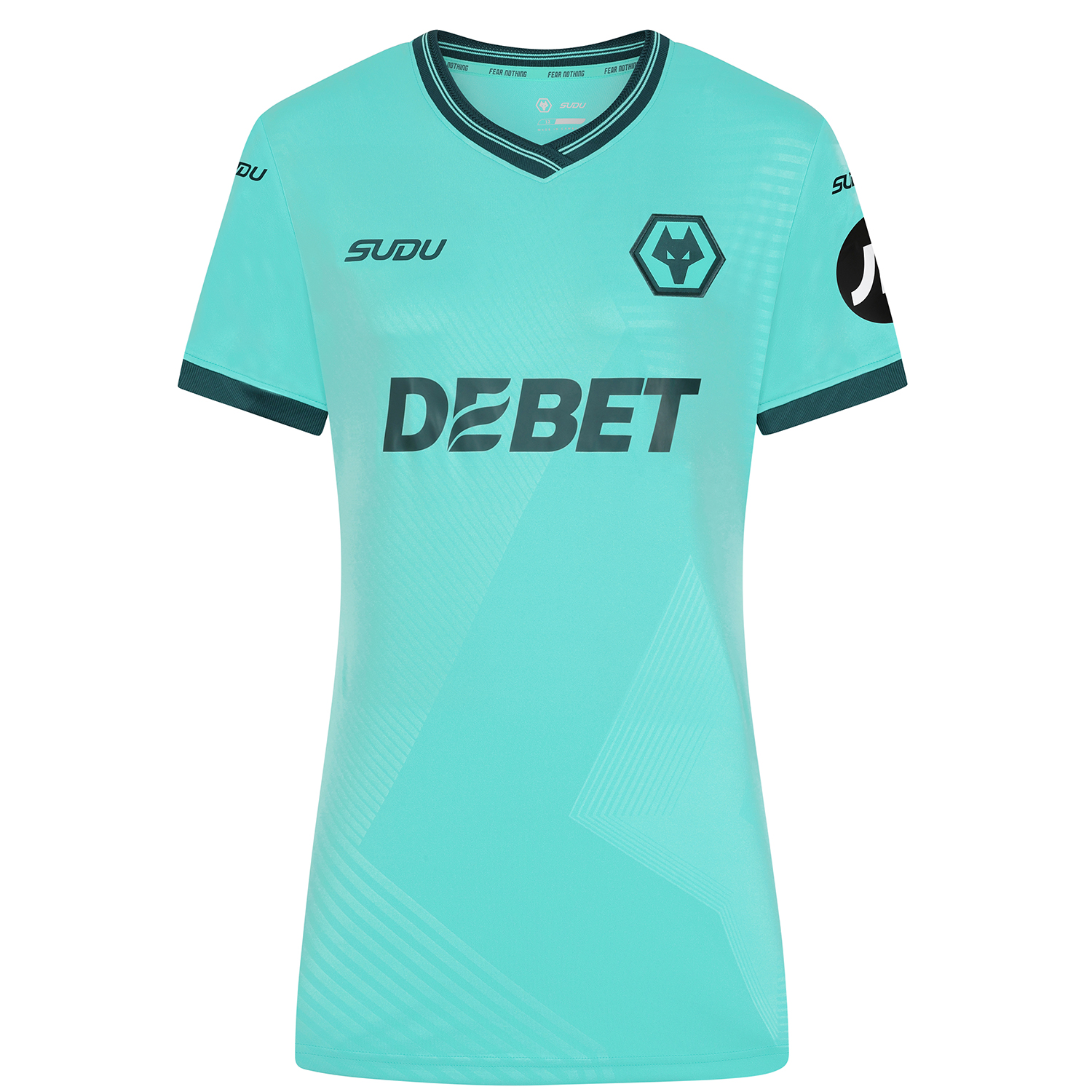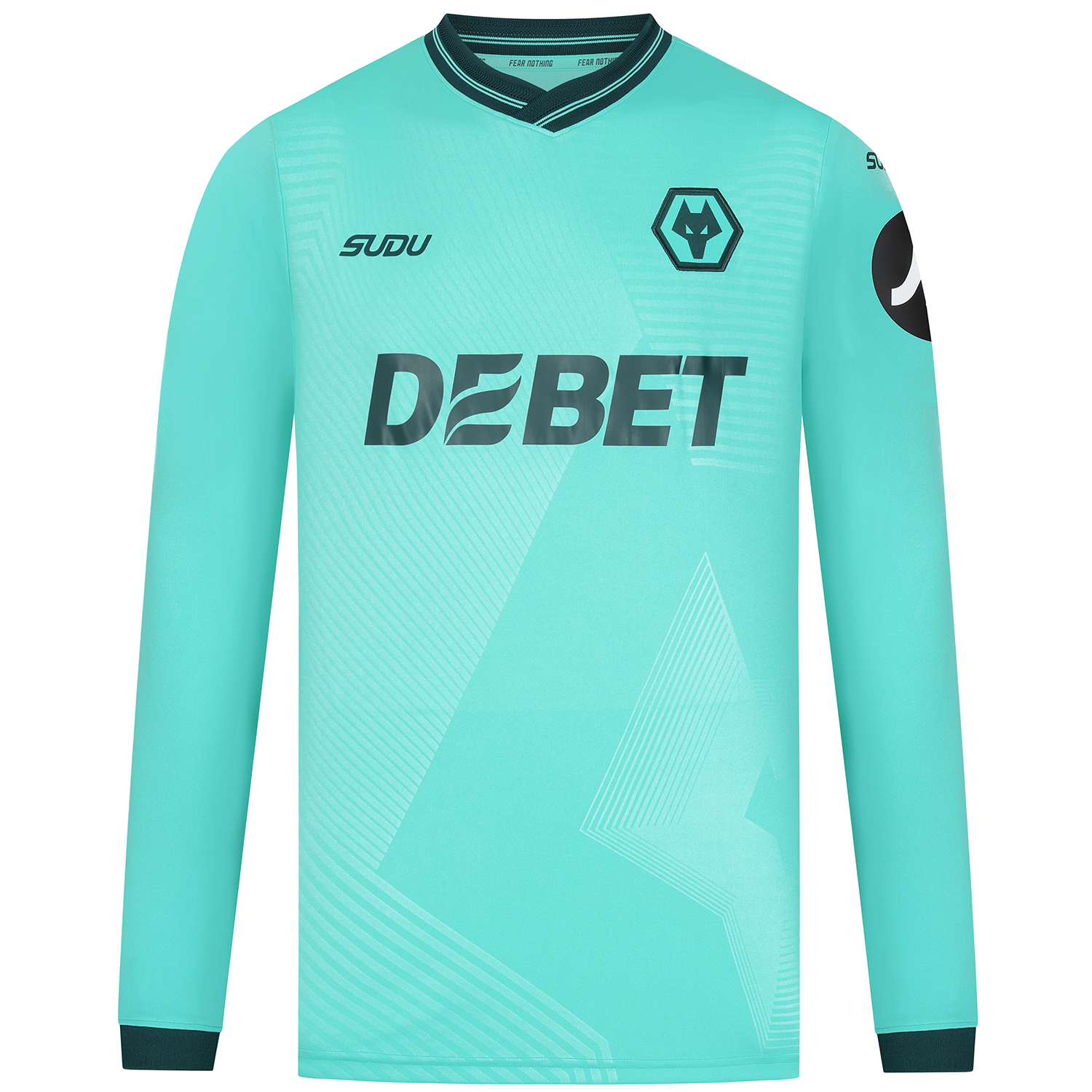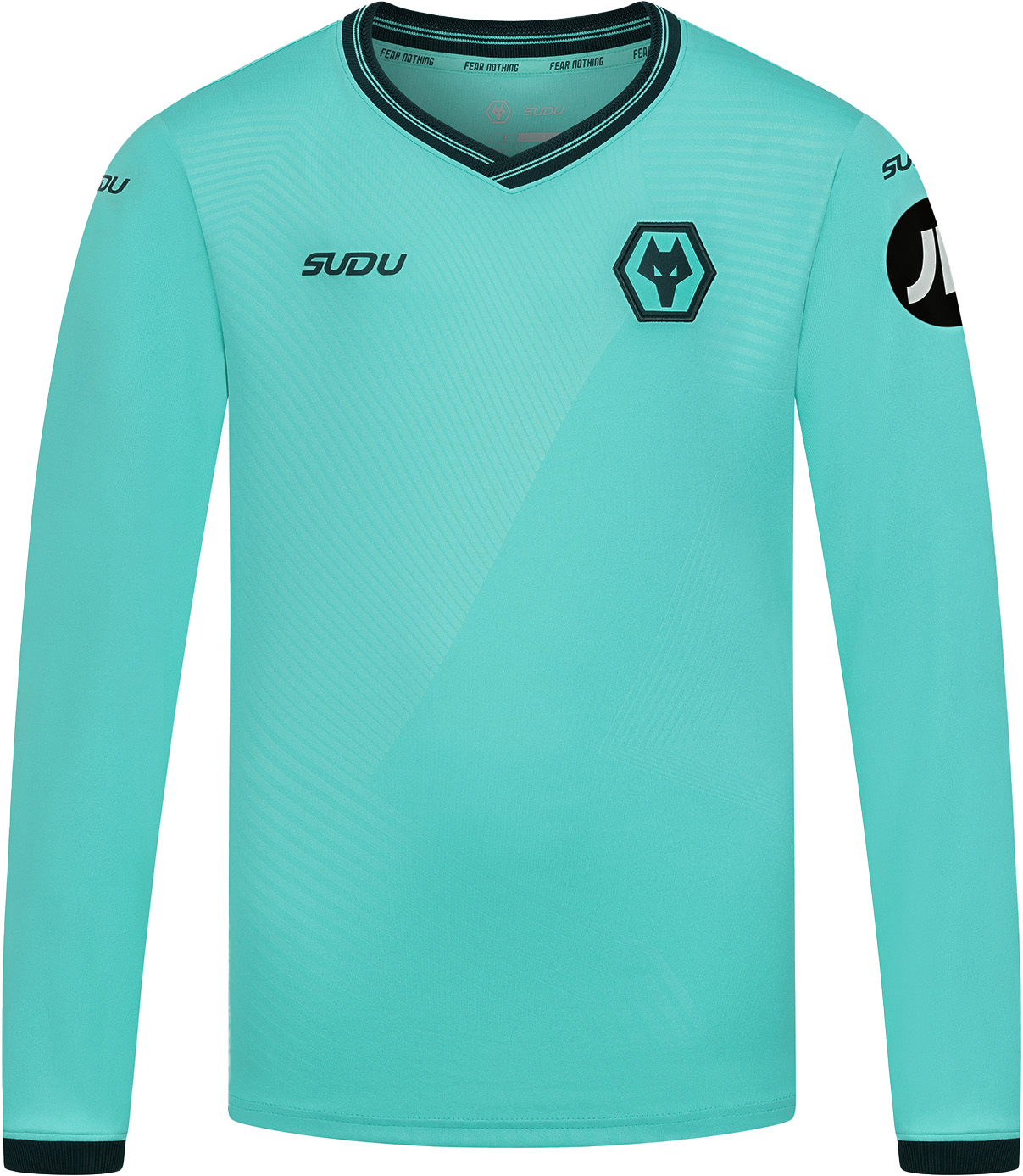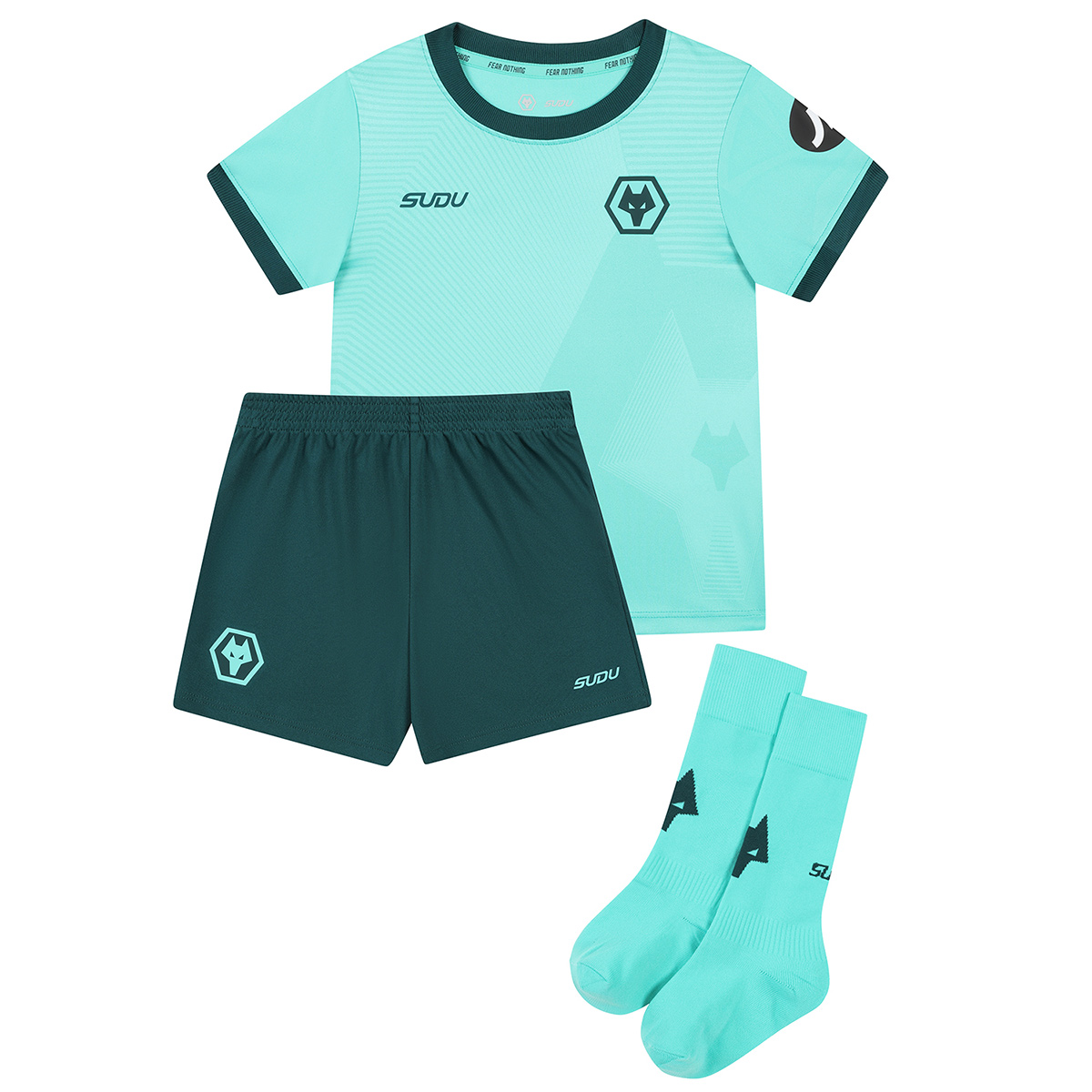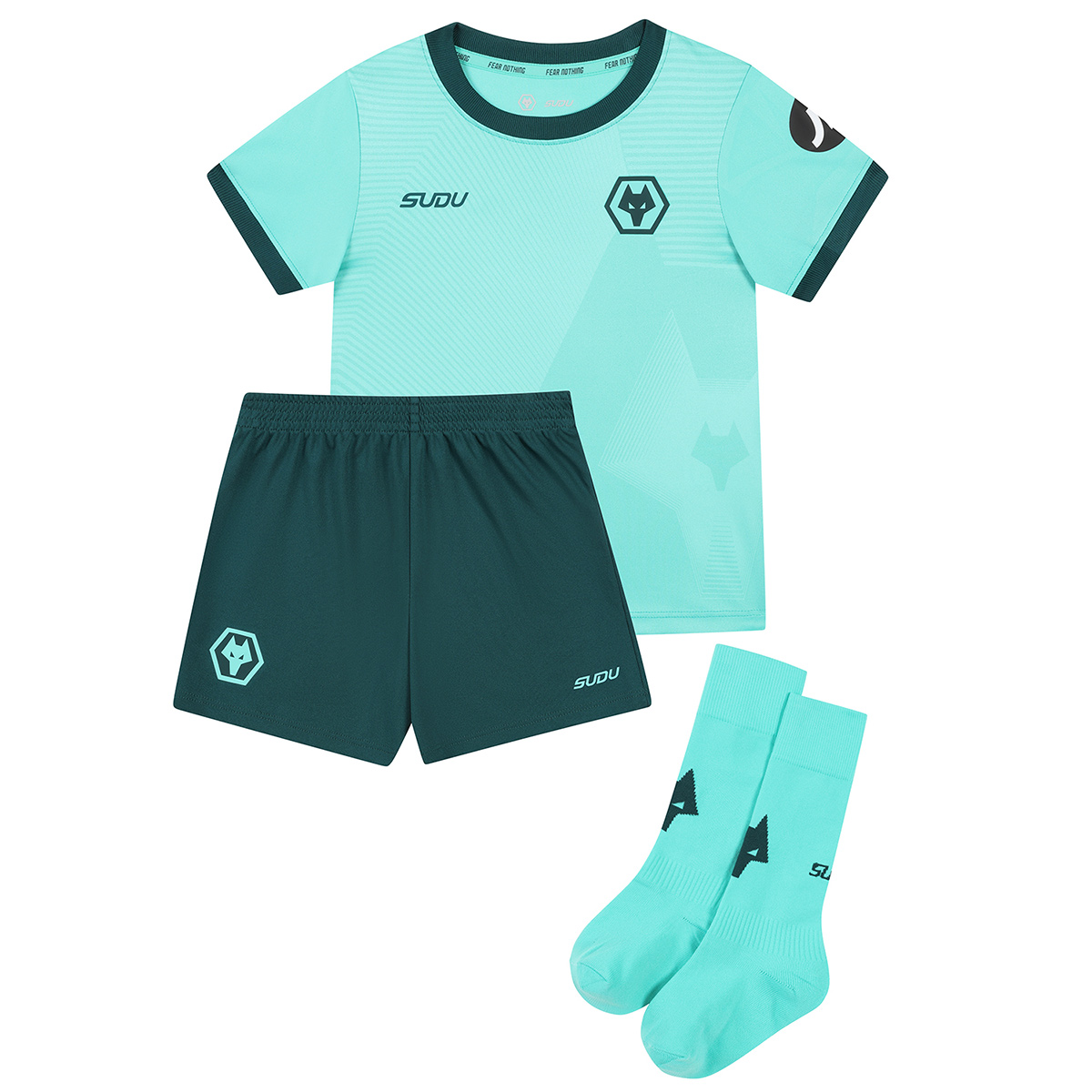Following the FA Youth Cup quarter-final victory over Brighton & Hove Albion at Molineux, captain Oliver Tipton was grilled by members of the Wolves under-13 squad as part of a Premier League workshop.
The young Academy players have been working with Freedman, the bestselling author of popular children’s series Jamie Johnson, during a session prior to their interview, with the writer teaching the under-13 squad how to interview a professional footballer.
Following their workshop, the players sat down with Tipton – who signed a professional contract with his boyhood club last season – to find out more about what it takes to be a professional footballer and progressing through the youth system at Wolves and into the under-23s.
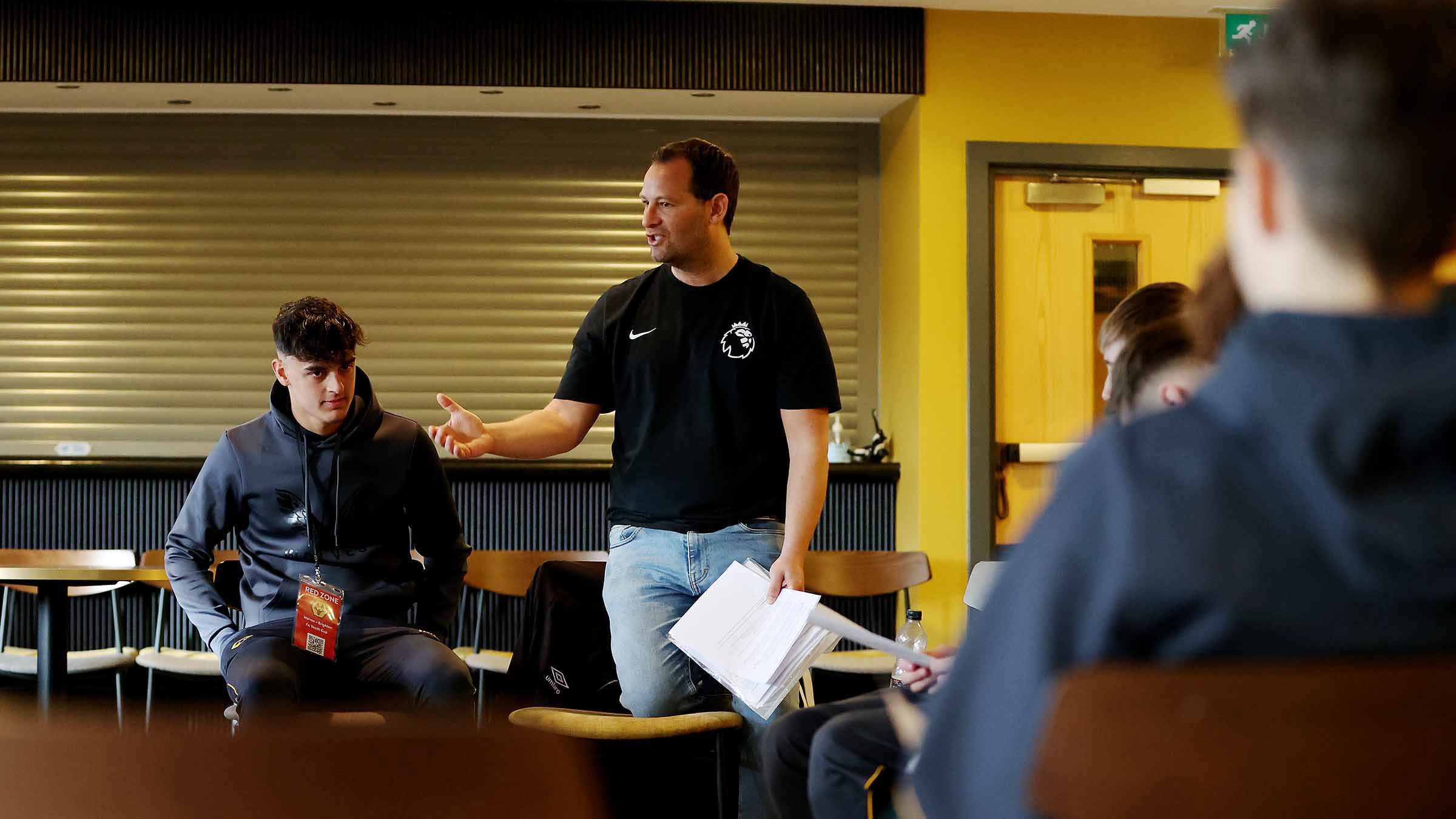
Below is a selection of the questions (and answers) which the under-13s posed the 18-year-old defender…
***
What age did you realise you wanted to become a footballer?
At the age of six, all I wanted to do was play football. At seven-years-old, I was picked up by West Brom, they released me when I was 11. That was a major setback for me, and it felt like the end of the world, but I went back to grass roots and then eventually Wolves picked me up. The setback definitely help me further in my career with disappointments.
Did you ever play another sport as a kid or were you born into football?
It was always football for me, other sports are good, but if you really want to make it, you’ve got to focus on football.
Who inspired you to play football?
My parents are really important. My Dad is football crazy and was definitely one of those people who inspired me. Nowadays, people fall out of love with the game, but he was able to keep motivated through the ups and downs.
What was the first football team you played for?
Old Wulfrunians was my first club, but I was always on the park kicking a ball around.
Did you have any idols growing up?
A massive one for me is John Terry. He’s an incredible player. I really like the way he acted and was able to drive the team. He was a leader on and off the pitch and set the standards to the rest of the team.

What’s been the toughest part of your journey so far and how have you dealt with it?
For me it was being told that you’re not good enough. That was a really big blow for me at the time and I went through a mini-spell where I didn’t want to play. But my family encouraged me to get back into it and I’ve managed to come out the other side.
How do you feel about the sacrifices that you make in your life to train every day?
It’s all about the end-rewards for me. You have to think long-term. There are moments early on in your journey when you can think it’s too much, but you’ve got to keep going. It’s hard not to want to go out with your friends all the time, but at the end of the day, there are sacrifices you need to make to become a footballer.
How do you deal with stress when you’re on the pitch?
When I was younger, I found it difficult at times to deal with stress. I used to have a thing where I grabbed my armband or shirt when I felt it get too much just to re-centre my thoughts. Just little things like that helped me to deal with the pressures.
How did you feel before you took the penalty [in the quarter-final]?
Nervous. I don’t usually feel nervous, but that’s the most nervous I’ve felt taking a penalty. The goalkeeper was giving it loads, but you’ve just got to put it to one side and be confident in your ability – confidence is key.
What would you do if you weren’t a footballer?
I’d like to stay in the game as a manager or a coach, but, at the moment, I’m concentrating on the next steps.
